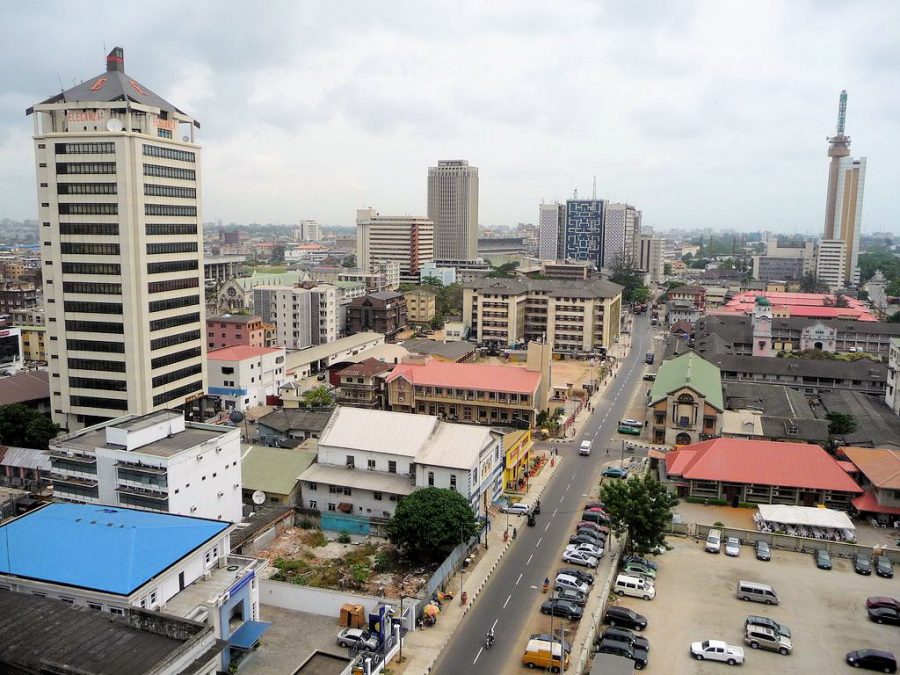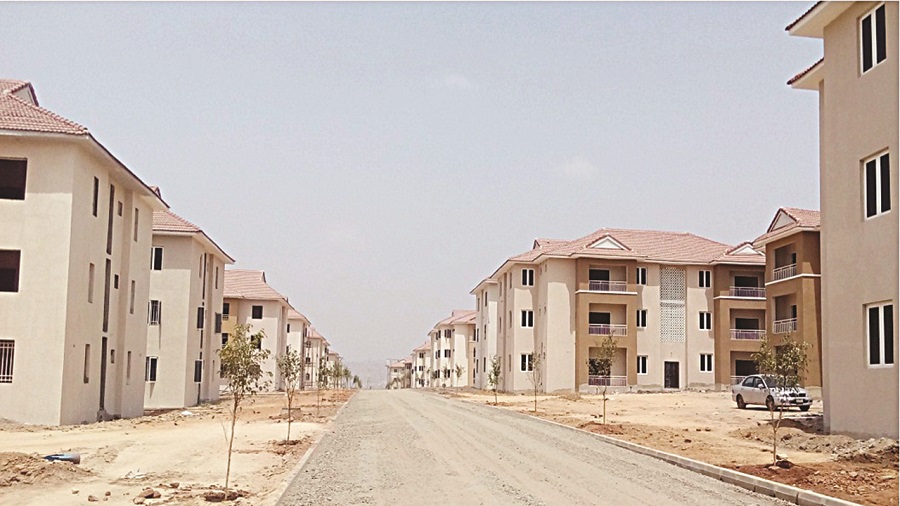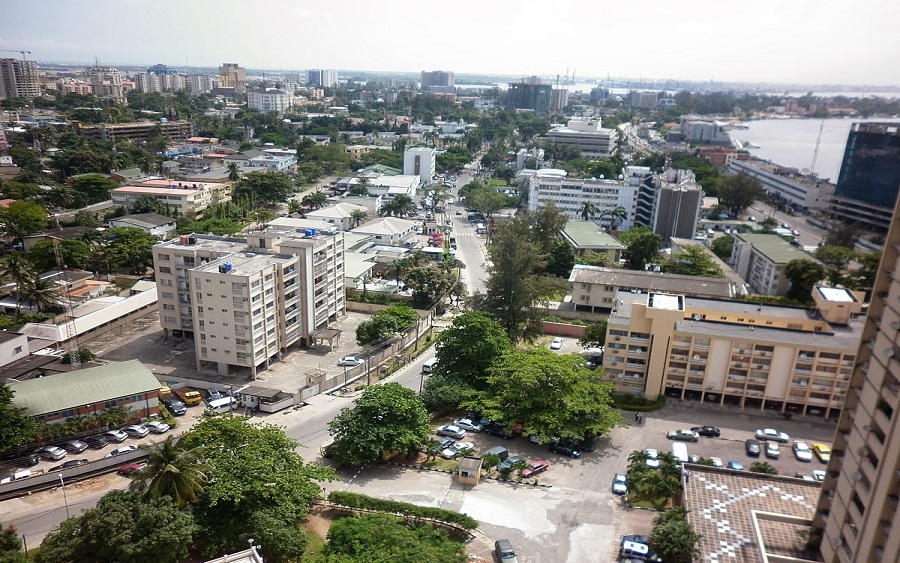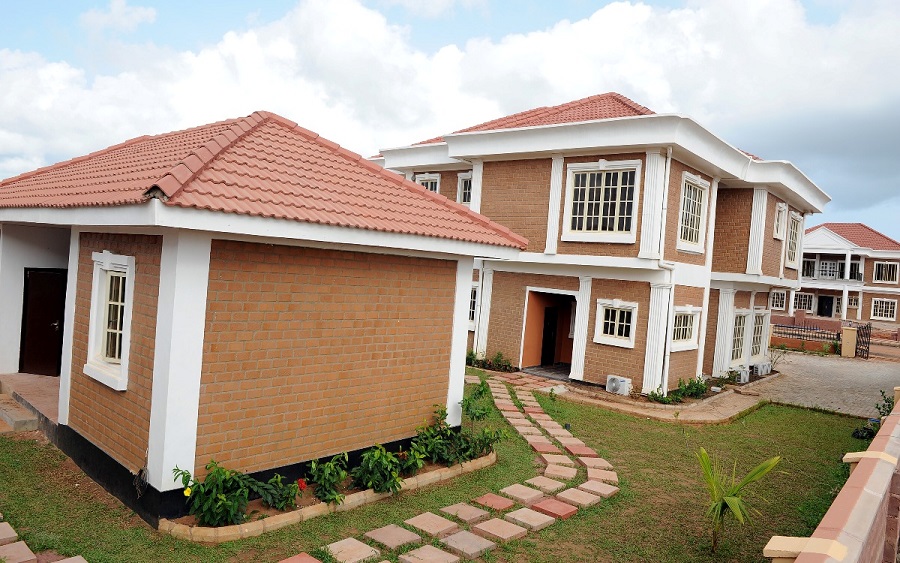Data from a recently released Deloitte African Construction Trends report has placed Nigeria at the forefront of West African countries in major infrastructure construction projects in 2014, with the country spending about has $36.4 billion in major infrastructure construction projects for the year under review.
Investment has been on the rise following the rebasing of the country’s gross domestic product (GDP) to $509.9 billion in April 2014. According to the report, the projects range from Water which took 39 percent, Energy and Power (17 percent), Oil and gas (17 per- cent), Transport (15 percent), Real Estate (11 percent) and Manufacturing (1 percent).
“Whereas South Africa was previously the choice market in Africa for scalable operations, Nigeria now has a more attractive profile, offering scale and strong growth,” Deloitte said in the report.
“Yet the country faces some lofty hurdles if it is to realise its required infrastructure developments.”
Deloitte notes that South Africa has significantly more value in projects under construction or development than Nigeria does, showing that while a market may have scale and growth, it also needs a stable business environment, which Nigeria struggles with.
The report says reforms and development plans implemented under President Goodluck Jonathan are beginning to take effect, with the privatisation of the state-run Power Holding Company of Nigeria virtually complete and an increasing number of Public Private Partnerships (PPPs) entering the market.
There is also significant activity underway in Lagos (the commercial capital), which accounts for more than 60 percent of non-oil GDP.
Some of the more noteworthy moves in the country have been the breaking ground on a second Niger Bridge, according to Deloitte.
“It could boost the Nigerian construction industry, improving East-West trade and helping to progress the nascent PPP model,” the report said.
“The finalisation of an agreement between the Dangote Group and 12 banks for a loan of $3.3 billion to build a Greenfield refinery and petrochemicals complex in the south of Nigeria cannot be discounted.”
The transport sector where Chinese companies dominate could also emerge as one of the strongest sources of growth for the Nigerian construction industry over the medium term, according to Deloitte.
Two projects that demonstrate such dominance are the $1.49 billion Lagos to Ibadan railway contract, which has been awarded to China Civil Engineering Construction Corporation (CCECC), and the Olokola Deepwater port project, awarded to the China Ocean Shipping Group.

















